How to cool down in a heat wave – what the science says
As UK temperatures soar, here are some research-backed tips for staying safe
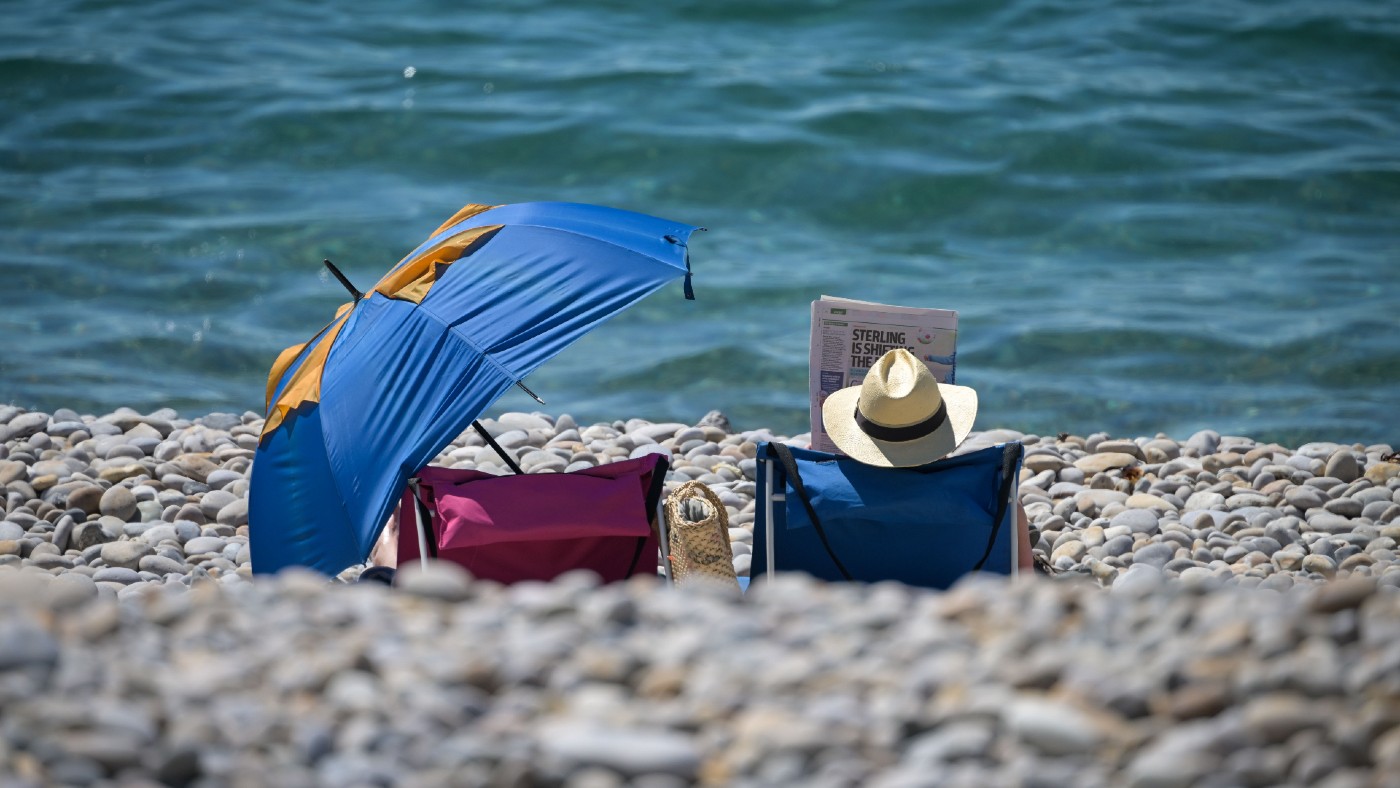
A free daily email with the biggest news stories of the day – and the best features from TheWeek.com
You are now subscribed
Your newsletter sign-up was successful
Climate change and health researcher Chloe Brimicombe looks at what science says about cooling your body down in warm temperatures
We spend most of the year complaining that Britain is too cold and wet but gripe with just as much enthusiasm about the heat. Although moaning about the weather is satisfying, it’s better to take action and cool yourself down.
You need to take extra care in the UK when temperatures hit 24C as this is when heat illness and deaths start increasing.
The Week
Escape your echo chamber. Get the facts behind the news, plus analysis from multiple perspectives.

Sign up for The Week's Free Newsletters
From our morning news briefing to a weekly Good News Newsletter, get the best of The Week delivered directly to your inbox.
From our morning news briefing to a weekly Good News Newsletter, get the best of The Week delivered directly to your inbox.
Being too hot makes you unwell and can even kill you. Some people are more vulnerable to heat. People over 65, under five, pregnant women, those with medical conditions (such as heart disease and mental health conditions) and those who work outside need extra protection in hot weather. You can increase your tolerance to heat if you acclimatise slowly over time.
Staying cool
Research shows that putting your feet in cold water is a good way to reduce core body temperature and keep your organs working. It will also help reduce swelling in your ankles and feet.
However, having a lukewarm shower or bath will cool you down faster and is the most effective way to cool down. Don’t be tempted to soak in freezing cold water as cold shock can be dangerous. In drought conditions, conserve water and concentrate on cooling either your feet, hands or neck and face.
The refreshing breeze from an air fan against your skin might feel good but it does not always cool you down. Fans can actually make you feel worse, especially in dry heat conditions, speeding up dehydration and heat illnesses. The guidance from the World Health Organisation is that using a fan above in temperatures above 35°C will not reduce your chance of getting heat exhaustion and heatstroke.
A free daily email with the biggest news stories of the day – and the best features from TheWeek.com
It is important to stay hydrated and replenish the minerals we lose when we sweat. On average in very hot conditions (high 30s) we sweat 3-4 litres per hour and up to 10 litres a day, the same as 40 cups of tea. For a short amount of time, hot drinks raise your core body temperature. But it induces sweating, which then lowers your temperature. Cold and ice drinks do cool you down too. It’s thought hot drinks might be slightly more effective than cold. Whatever the temperature, drink lots of fluid.
Another way to beat the heat is wild swimming. But be aware of cold shock. Slowly submerge your body in the water, understand the limits of your swimming ability and the rules about where it is safe to swim, because many people drown in hot weather.
Urban design
Those clammy, sleepness nights in a heatwave can leave you wondering if it’s time to raid the savings and install air conditioning. The heat can be especially bad in cities, which create urban heat islands (a metropolitan area a lot warmer than surrounding rural spaces). But there is a solution that’s gentler on your energy bill.
Green walls and roofs not only look pretty but can cool the buildings beneath them by as much as 12C, while green walls can be up to 32C cooler than conventional walls and save 59% of energy costs as well as providing sound insulation.
They have blossomed in London boroughs where they have been made part of local planning policy since 2008. They cool flat-roofed buildings in summer and insulate them in winter, reduce the risk of flooding by soaking up rainwater, filter air pollution and provide refuges for rare and threatened wildlife – which can struggle with the heat too.
Animals in the heat
Leaving fresh water dishes in your garden or balcony can make all the difference for wild animals. Birds and hedgehogs will appreciate food you put out for them any time of year but during the summer the ground can harden, making it harder to forage. Plants also suffer in heat. You can help by learning when the best time to water them is.
And watch out for pets. Do not leave them (or people) in cars. It is best to walk pets in the morning or evening when the pavement and ground surface is cooler.
Climate change is driving a rise in heatwaves. One study showed that someone born in 1960 is on average likely to experience around four heatwaves, whereas someone born in 2020 is likely to experience 30 heatwaves with 1.5C warming. We have a 50% chance of hitting this level in the next ten years.
So protecting yourself from heat may seem like common sense, but it could be the difference between life and death.
Chloe Brimicombe, PhD Candidate in Climate Change and Health, University of Reading.
This article is republished from The Conversation under a Creative Commons license. Read the original article.
-
 Antonia Romeo and Whitehall’s women problem
Antonia Romeo and Whitehall’s women problemThe Explainer Before her appointment as cabinet secretary, commentators said hostile briefings and vetting concerns were evidence of ‘sexist, misogynistic culture’ in No. 10
-
 Local elections 2026: where are they and who is expected to win?
Local elections 2026: where are they and who is expected to win?The Explainer Labour is braced for heavy losses and U-turn on postponing some council elections hasn’t helped the party’s prospects
-
 6 of the world’s most accessible destinations
6 of the world’s most accessible destinationsThe Week Recommends Experience all of Berlin, Singapore and Sydney
-
 Is that the buzzing sound of climate change worsening sleep apnea?
Is that the buzzing sound of climate change worsening sleep apnea?Under the radar Catching diseases, not those ever-essential Zzs
-
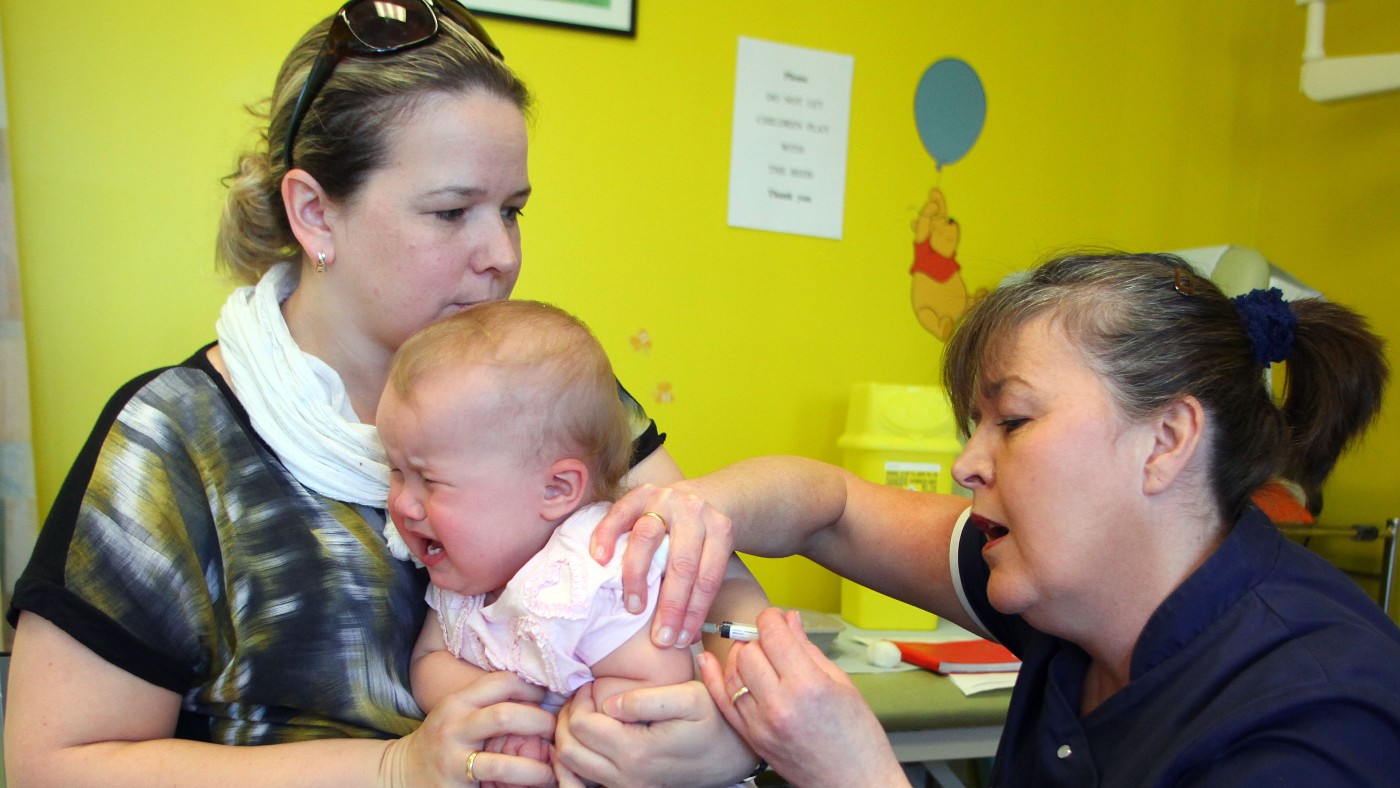 Why measles is threatening children right across the UK
Why measles is threatening children right across the UKfeature The UK lost its measles-free status in 2019, indicating that the measles virus was circulating and there was inadequate vaccination to prevent its spread
-
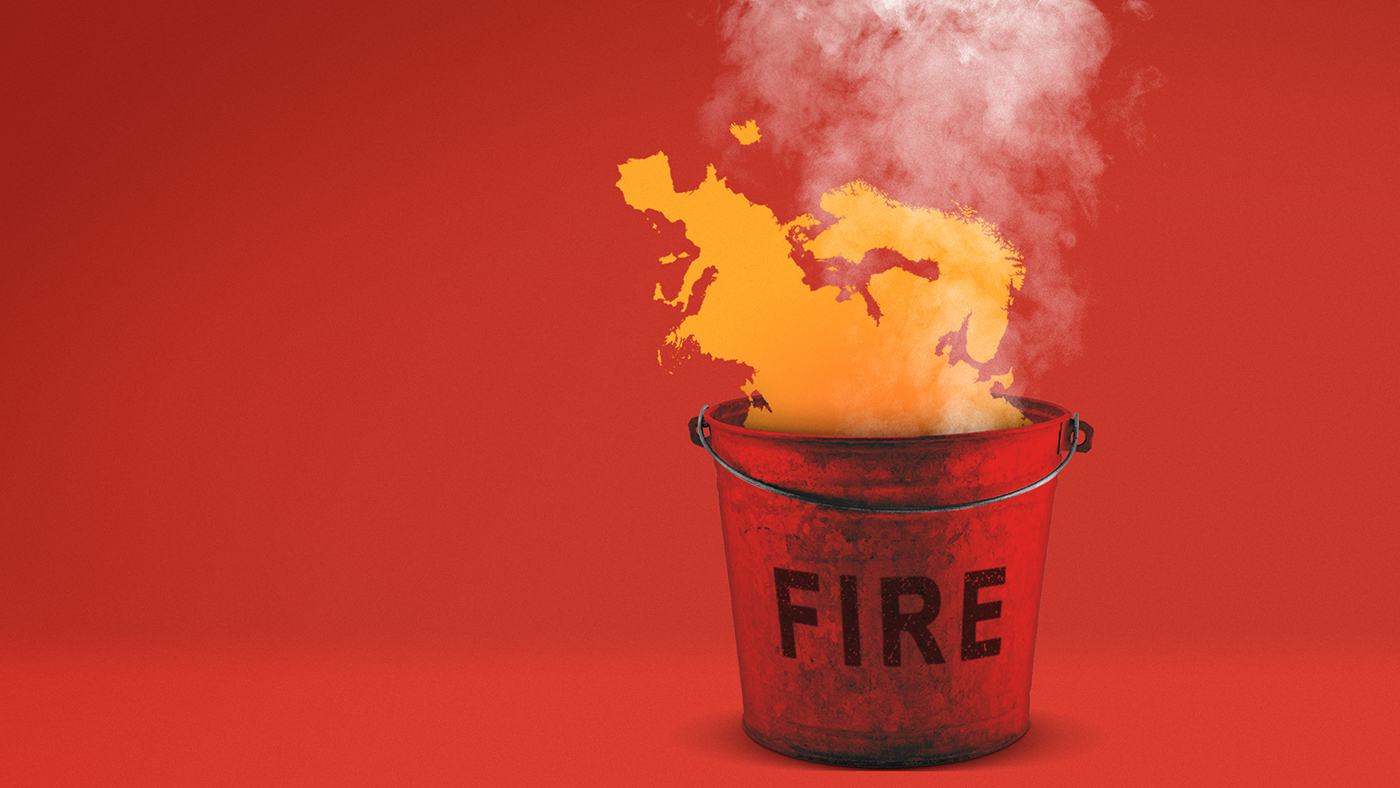 Why is Europe sweltering while the UK is a washout?
Why is Europe sweltering while the UK is a washout?Today's Big Question Blocked weather pattern caused by a stuck jet stream is stopping baking temperatures reaching Britain
-
 Betelgeuse: why star is behaving oddly and what would happen if it exploded
Betelgeuse: why star is behaving oddly and what would happen if it explodedfeature Dimming and then brightening has led to speculation about whether its demise in the form of an explosion is imminent
-
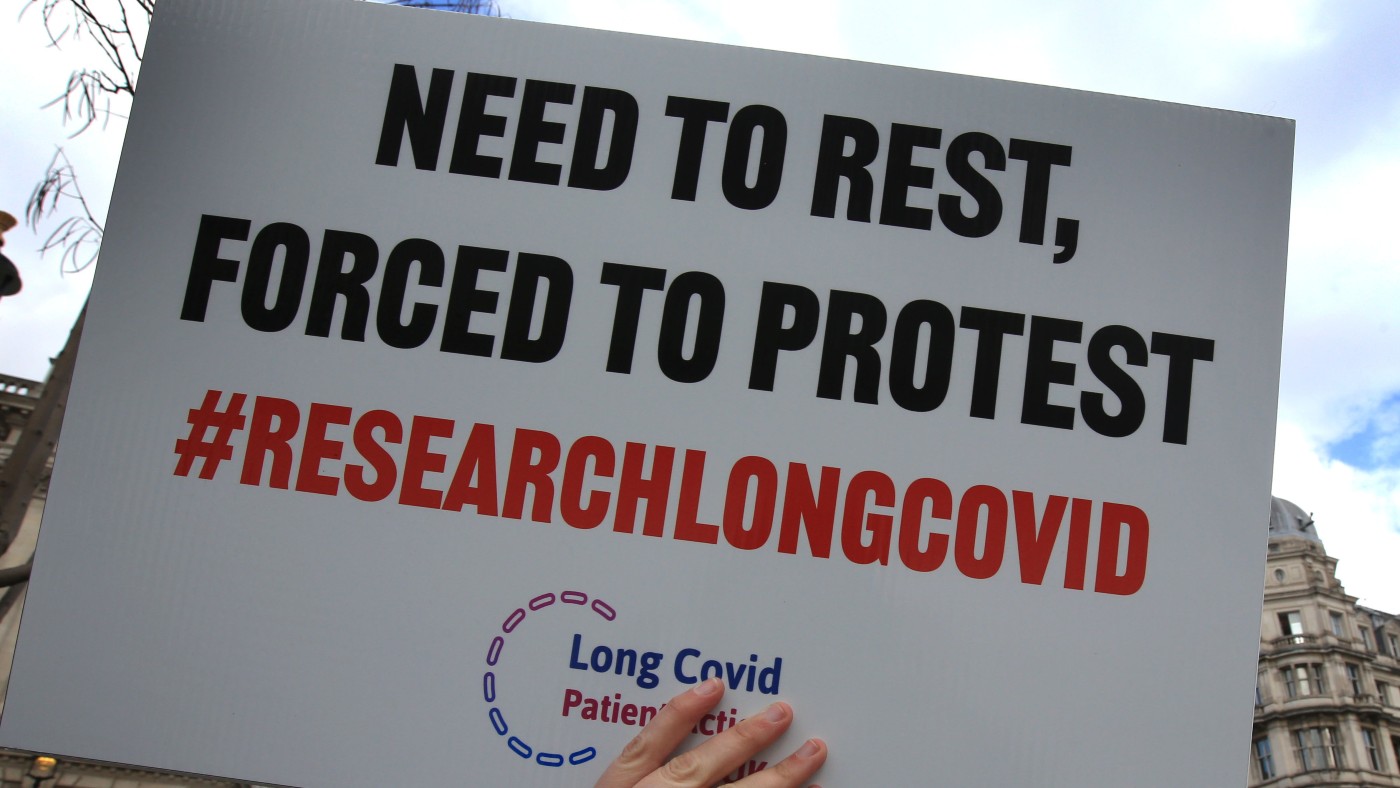 Thousands of people in UK out of work due to long Covid
Thousands of people in UK out of work due to long Covidfeature New data suggests 0.5% of total economic inactivity in working-age population of non-students due to long Covid
-
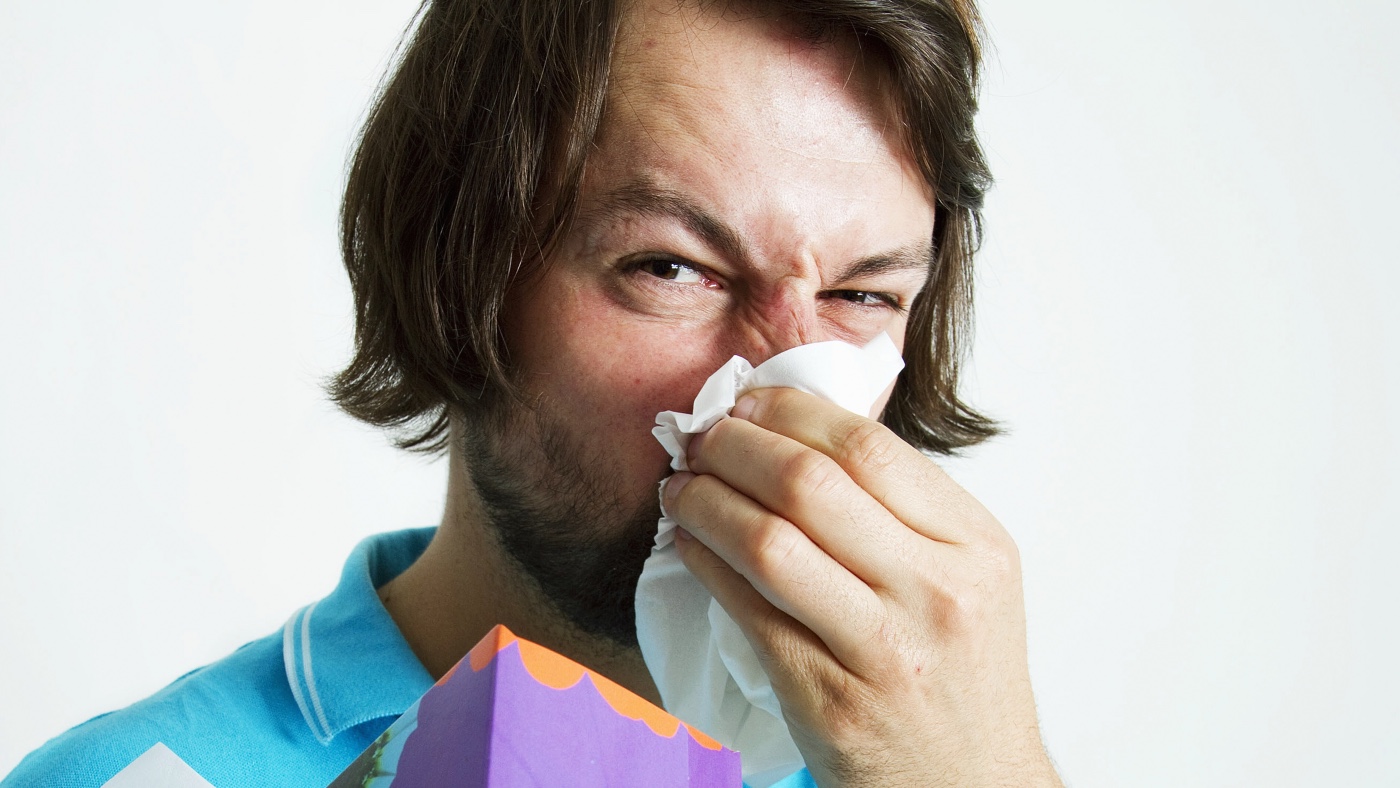 The surprising link between hay fever and your gut bacteria
The surprising link between hay fever and your gut bacteriafeature New research suggests probiotics could help sufferers beat the worst of the seasonal symptoms
-
 Sanofi: the new protein-based Covid vaccine to be used in the UK
Sanofi: the new protein-based Covid vaccine to be used in the UKfeature Protein-based vaccines have been safely used for years against hep B, flu and shingles
-
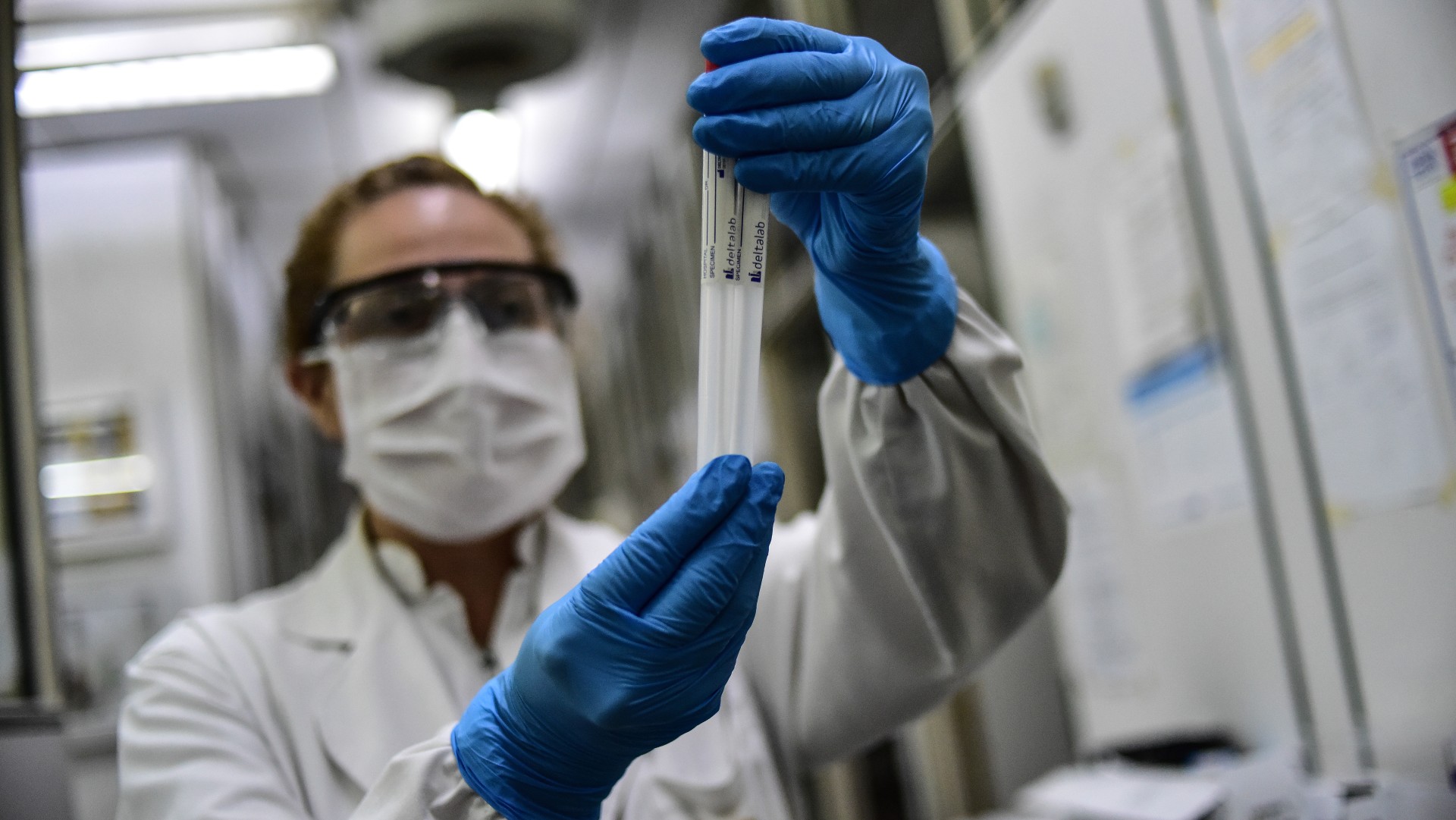 Why the future of Covid is now harder to predict
Why the future of Covid is now harder to predictfeature The question of how the pandemic will be felt in 2023 is in some ways impossible to answer